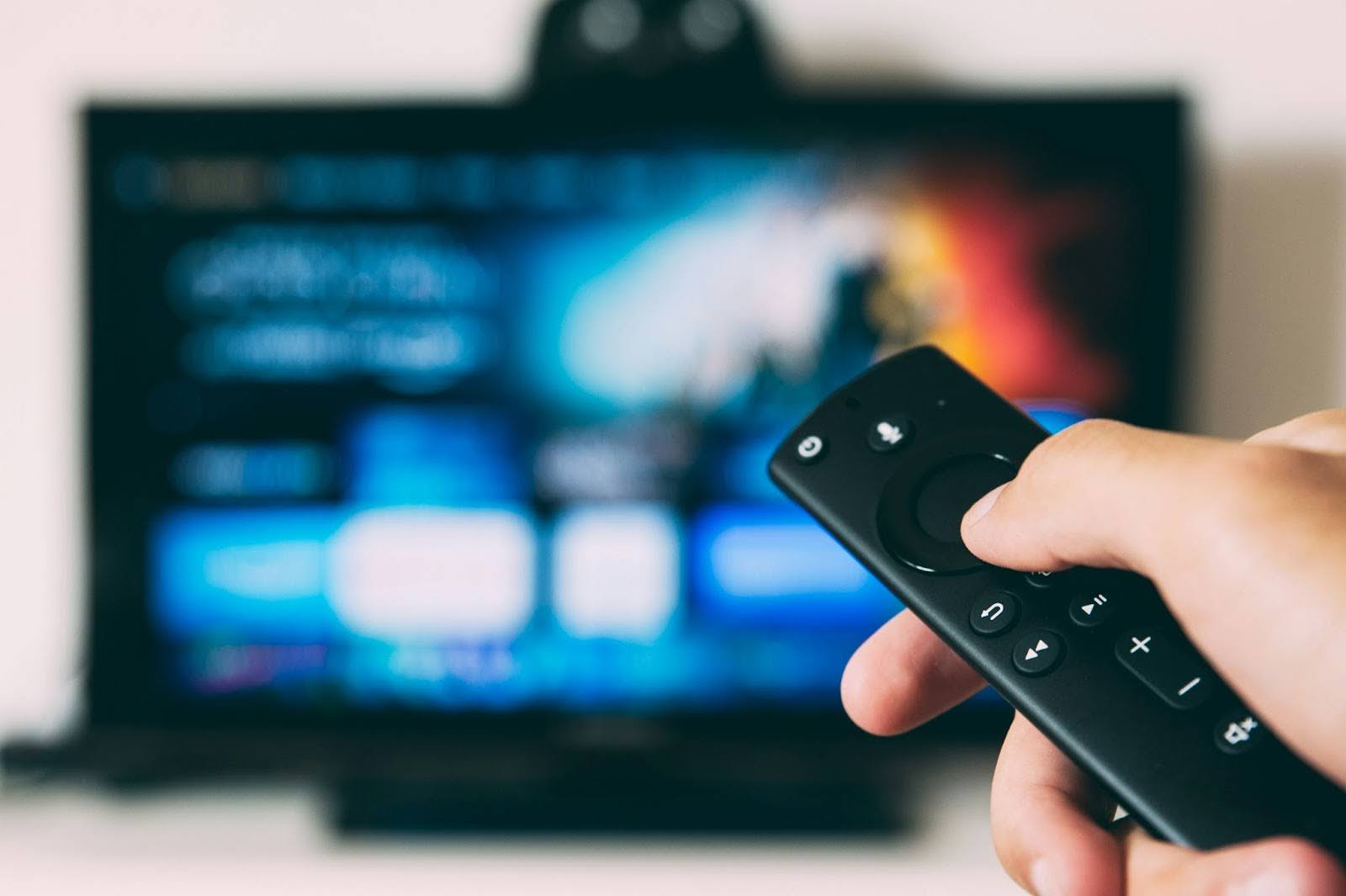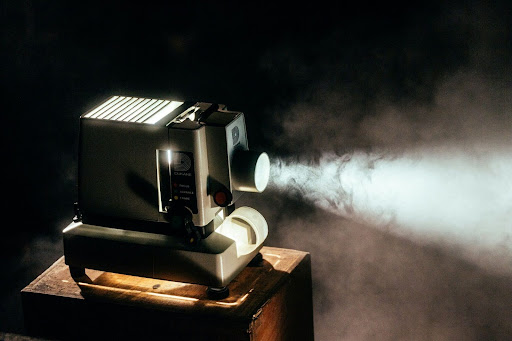
By: Brandon Nagy/Shutterstock
Since the early days of the Internet, culture has been accelerating exponentially.
Each year, more data is created than the year before. More images, videos, articles are pumped into the ether daily than at any time in history, and the rate of growth shows no sign of stopping, with 2020 seeing roughly twice as much data creation as 2018.
As a result, we are constantly moving on. Beloved shows and movies are aging like warm milk, the TikTok trend from last week has already been replaced, and the clickbait topic from this morning is rapidly trending toward heat death. But most tragic of all, the Internet that aging millennials fell in love with in our youth has ceased to exist.
Salad Fingers 1: Spoonswww.youtube.com
While many artifacts of that earlier digital era still exist, most have faded into obscure, nostalgic curios a la Homestar Runner and Salad Fingers. Others, like goatse.cx, have attempted to evolve with the times — riding the cryptocurrency wave — and have lost what made them special in the first place.
Rickrolling
It’s increasingly rare to see any cultural phenomenon exhibit real staying power, least of all the purely digital culture of Internet memes. So the fact that a wholesome meme prank dating back nearly 15 years has not only stuck around but has seen generational resurgence and evolution without losing its heart is genuinely shocking.
But that’s exactly what has happened with Rickrolling. The now classic prank involves posting a link that promises to deliver something truly exciting — the first known instance was posted to 4chan’s videogame board in 2007, with the claim that it led to a sneak peak of Grand Theft Auto IV. What makes it a Rickroll is that the link actually directs gullible users to the music video for Rick Astley’s 1987 classic “Never Gonna Give You Up.”
While the 2000s were a time of chaotic link misdirects — with malicious practitioners sending people to some of the more vile NSFW shock sites of the early Internet — but the only example with real staying power is the wholesome version that takes you to Rick Astley’s cornball singing and dancing. It has remained so popular through the years that in 2020 Astley’s distinctive “dance moves” were added as an emote in Fortnite.
Rick Astley – Never Gonna Give You Up (Video)www.youtube.com
The fact that the practice has survived nearly as long as YouTube has existed makes it a truly rare surviving specimen of modern culture — the Internet’s answer to Beowulf, or the cave paintings at Lascaux. At the very least, the fact that the official Rick Astley-approved upload of the video has accumulated nearly a billion views since 2009 must put it right up there with whoopee cushions as among the most popular pranks of all time.
But now there are mumblings of this iconic piece of shared culture being scrubbed from our shared Internet. Will rickrolling be the next victim of the NFT boom?
The NFT Boom
Since early 2021 the digital art space around Non-Fungible Tokens has been blowing up, with eager investors dropping millions of dollars on images and video clips with urls attached to cryptocurrency blockchains. in addition to new works from some emerging digital artists, some of the most high-profile NFTs have involved selling off pieces of foundational internet culture like the first ever tweet, or the early viral video entitled “Charlie Bit My Finger – again.”
The latter — incidentally, uploaded to YouTube just a week after the original “RickRoll’d” video in May of 2007 — sold in an NFT auction in May of 2021 for $760,999. So it wasn’t that shocking this week when Twitter user @stardustsummons shared a screenshot of the YouTube page for the official music video, with an announcement added to the description that read “ATTENTION: This video will be auctioned off as an NFT and removed off of Youtube. The auction will take place on June 27th, 2021.
I didnu2019t believe it at first so I had to check for myselfhttps://twitter.com/stardustsummons/status/1402006147910057984u00a0u2026— Justin Whang ud83dudc19 (@Justin Whang ud83dudc19) 1623194505
Soon the tweet was being shared and liked by thousands of others, and spreading across Twitter, with users expressing their dismay. It seemed like the frenzied rush to take advantage of the NFT hype before it dies down had claimed another piece of cultural history.
It was as if the whoopee cushion had been discontinued, and the fart noise itself was about to become some greedy weirdo’s private intellectual property — if you wanted to stick your hand in your armpit, or press your palms against your mouth, you would have to pay royalties to some random dude who made $100 million investing in Dogecoin.
Without knowing the details of the NFT agreement, it’s hard to say exactly what would happen to the future of Rickrolling if such an auction went through. Would the music video itself be scrubbed from the Internet — including the lo-res 2007 “RickRoll’d” upload — or just Rick Astley’s official version?
Martin Shkreli — Shut Your Mouth Ghostface Killah … My Goons Will Take You Out!! | TMZwww.youtube.com
In the case of “Charlie Bit My Finger,” the video remains available to the public more than two weeks after the auction closed — though the new owner may yet choose to delete it. But what about Once Upon a Time in Shaolin, the Wu-Tang Clan’s $2 million, single-copy album that was sold to pharma-bro death-profiteer and physical embodiment of online trolldom Martin Shkreli?
The full album remains unreleased, even after the government siezed it from Shkreli upon his arrest for securities fraud — despite Ghostface Killah openly insulting Shkreli, and RZA saying that the group wants their music back. Should the public value of art and culture really take a backseat to private ownership? Thankfully, it turns out that none of this is a real concern in the case of Rickrolling.
We Got Rickrolled…
There is no NFT agreement to look into, because there is no auction taking place, because that announcement wasn’t real. Though if you’re still having doubts, feel free to check for yourself… The supposed screenshot of the video’s description was faked. Claire, AKA @stardustsummons, was RickRolling us.
Rather than signalling the end of Rickrolling as a practice, the whole thing turned out to be the prank’s latest evolution, prompting credulous Twitter users to check the video for themselves — only to confirm that it was fake, and get Rickrolled in the process.
So — for now, anyway — the Rickroll lives on, and NFTs have yet to swallow the last glimmering remnants of 2000s Internet nostalgia. Still, just to be safe, why not Rickroll a loved one today?












